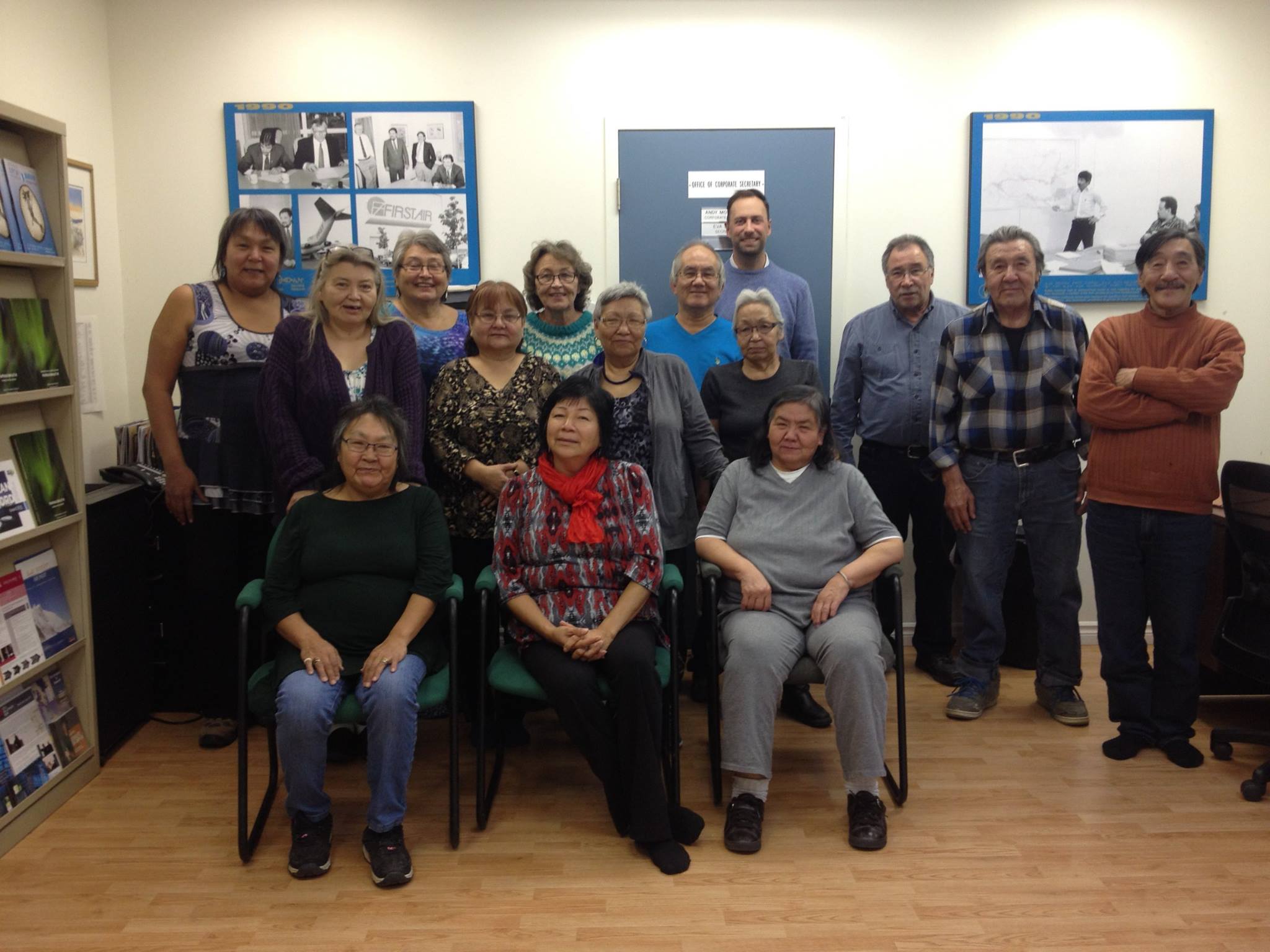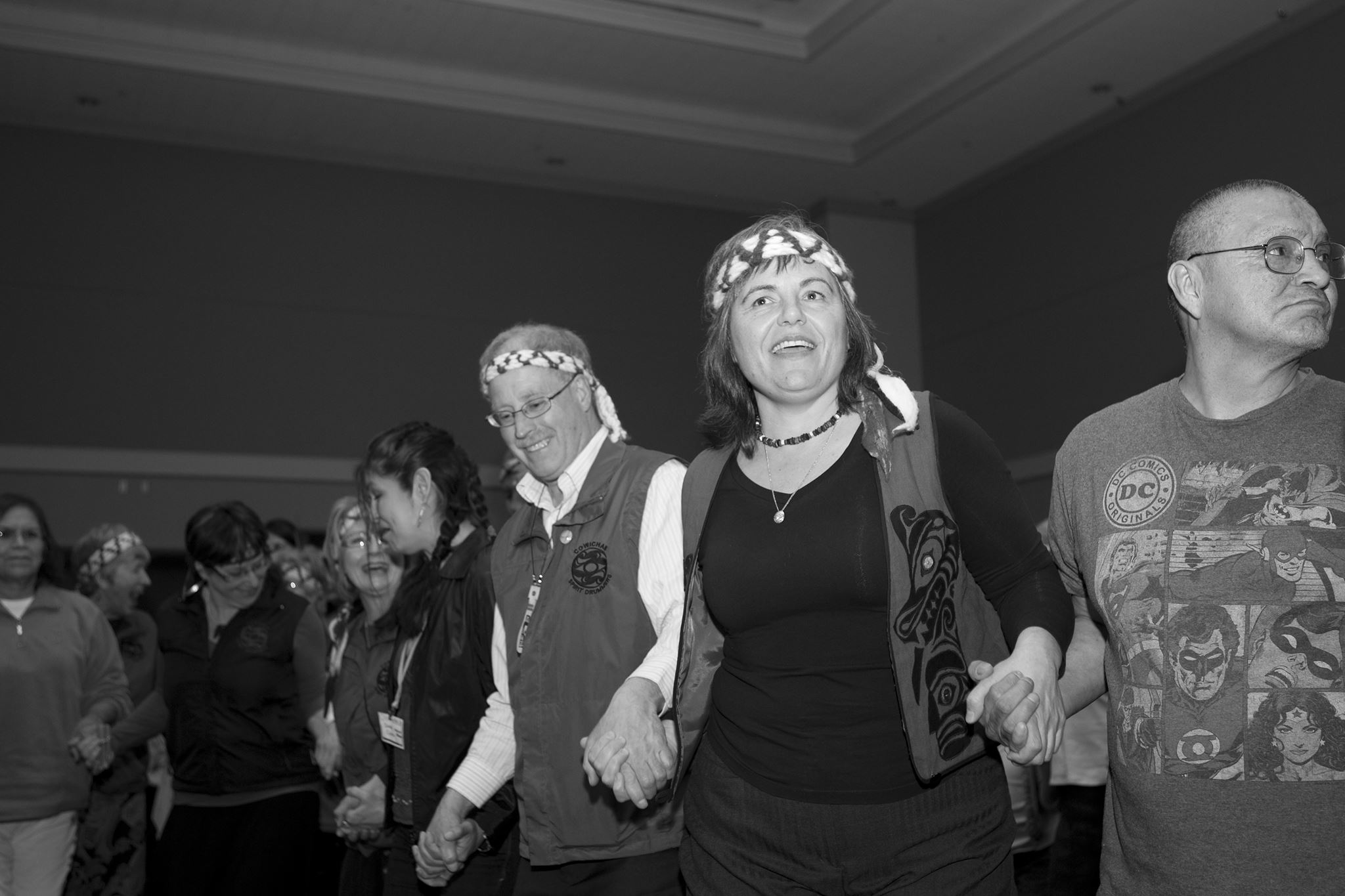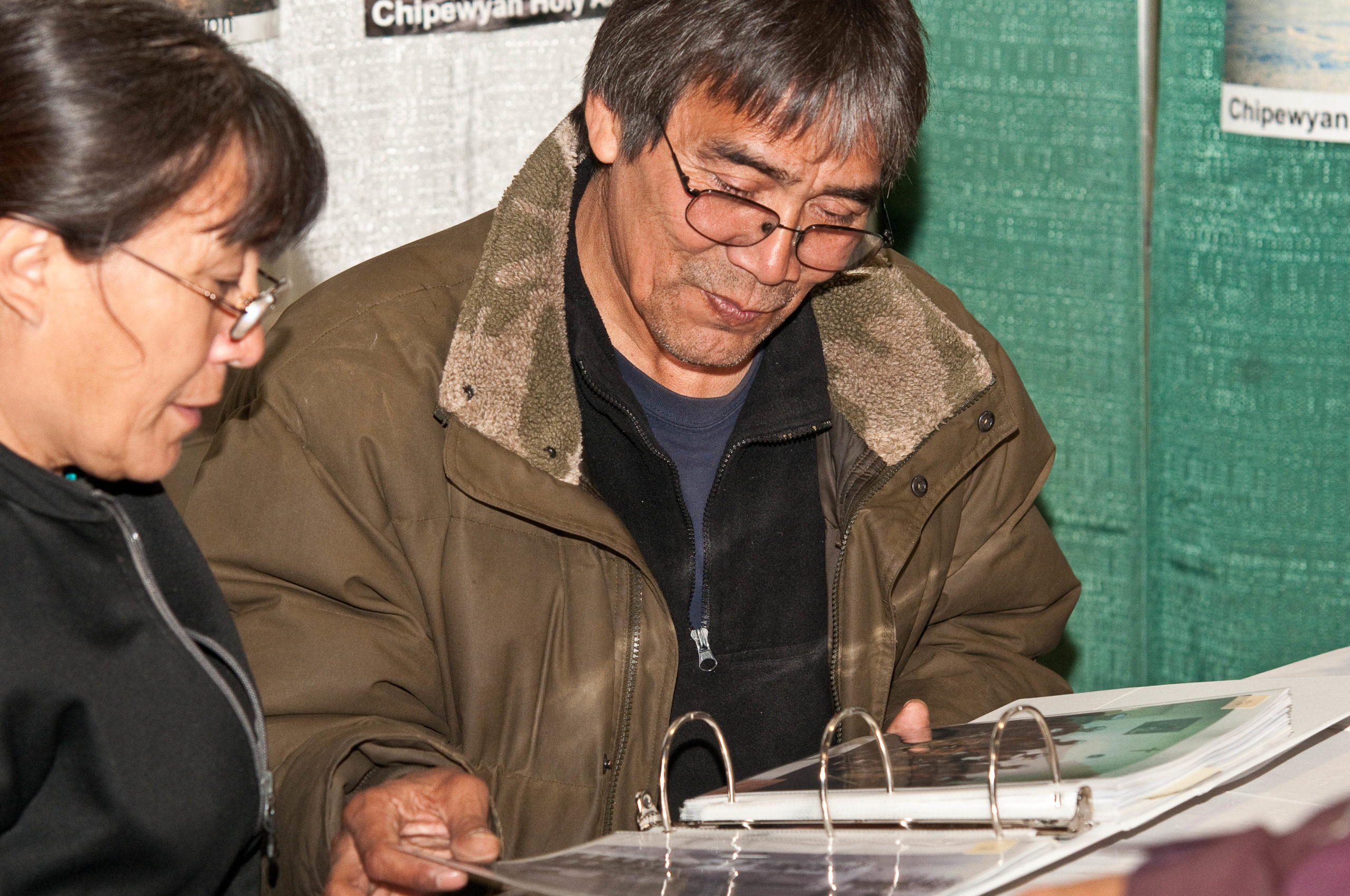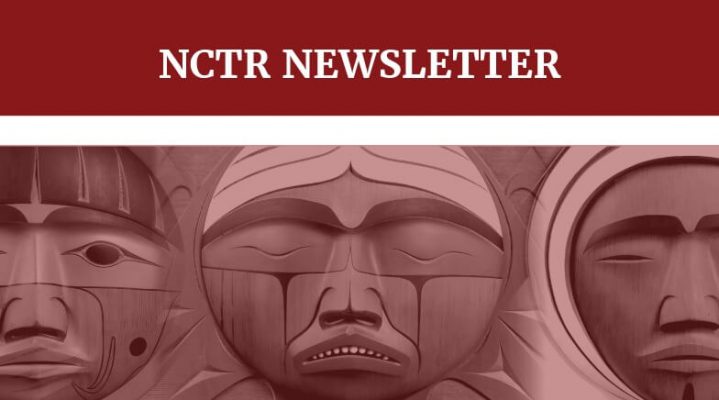Survivor Access
The National Centre for Truth and Reconciliation (NCTR) was created to preserve the memory and legacy of Canada’s Residential School system. The NCTR will ensure that Survivors and their families have access to their own history.
For those with limited access to the internet or a computer, the NCTR can provide support.
Survivors and Intergenerational Survivors
If You Are a Survivor
To access your residential school records, or request a copy of your statement given to the TRC, please fill out the Survivor Inquiry Form (PDF) and send it to us by mail or email.
If You Are an Intergenerational Survivor (Family of a Survivor)
To access your family member’s Residential School Records or request a copy of their statement given to the TRC, please fill out the Third Party Inquiry Form (PDF) and send it to us by mail or email.
If the Survivor is still living, we require their consent. Please also fill out the Third Party Consent Form (PDF) with them.
If the Survivor has passed, we require proof of death. This can include a gravestone marker, a legal document, a newspaper obituary or other simple identification documents. If you have any issues with this, please let us know and we can assist you in finding something.
Contact Information
To send us your completed forms, request support, or for more information about records in the NCTR collection and how to access them, please contact us.
Survivor Support
Accessing and viewing records within the NCTR Archives may be a traumatic experience for Survivors and their families. If at any time you feel the need to speak with someone, a national crisis line is available 24 hours a day, seven days a week.
The National Residential School Crisis Line: 1-866-925-4419
NCTR’s spirit name – bezhig miigwan, meaning “one feather”.
Bezhig miigwan calls upon us to see each Survivor coming to the NCTR as a single eagle feather and to show those Survivors the same respect and attention an eagle feather deserves. It also teaches we are all in this together — we are all one, connected, and it is vital to work together to achieve reconciliation.




